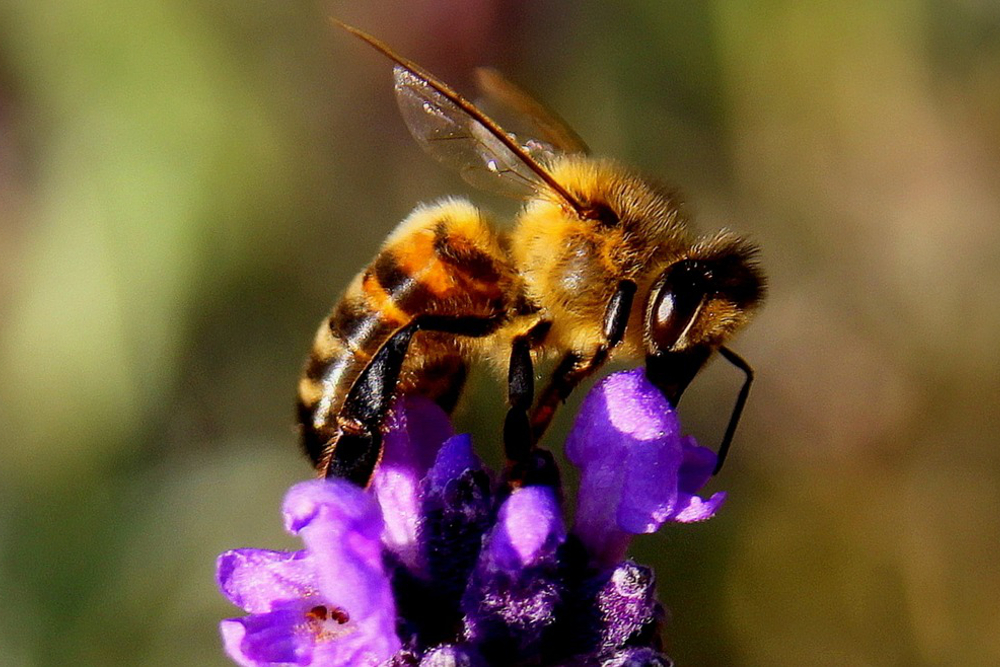
Scientists Loved and Loathed by an Agrochemical Giant
EXETER, England — The bee findings were not what Syngenta expected to hear.
The pesticide giant had commissioned James Cresswell, an expert in flowers and bees at the University of Exeter in England, to study why many of the world’s bee colonies were dying. Companies like Syngenta have long blamed a tiny bug called a varroa mite, rather than their own pesticides, for the bee decline.
December 31, 2016 | Source: The New York Times | by Danny Hakim
With corporate funding of research, “There’s no scientist who comes out of this unscathed.”
EXETER, England — The bee findings were not what Syngenta expected to hear.
The pesticide giant had commissioned James Cresswell, an expert in flowers and bees at the University of Exeter in England, to study why many of the world’s bee colonies were dying. Companies like Syngenta have long blamed a tiny bug called a varroa mite, rather than their own pesticides, for the bee decline.
Dr. Cresswell has also been skeptical of concerns raised about those pesticides, and even the extent of bee deaths. But his initial research in 2012 undercut concerns about varroa mites as well. So the company, based in Switzerland, began pressing him to consider new data and a different approach.
Looking back at his interactions with the company, Dr. Cresswell said in a recent interview that “Syngenta clearly has got an agenda.” In an email, he summed up that agenda: “It’s the varroa, stupid.”
For Dr. Cresswell, 54, the foray into corporate-backed research threw him into personal crisis. Some of his colleagues ostracized him. He found his principles tested. Even his wife and children had their doubts.
“They couldn’t believe I took the money,” he said of his family. “They imagined there was going to be an awful lot of pressure and thought I sold out.”
The corporate use of academia has been documented in fields like soft drinks and pharmaceuticals. But it is rare for an academic to provide an insider’s view of the relationships being forged with corporations, and the expectations that accompany them.
A review of Syngenta’s strategy shows that Dr. Cresswell’s experience fits in with practices used by American competitors like Monsanto and across the agrochemical industry. Scientists deliver outcomes favorable to companies, while university research departments court corporate support. Universities and regulators sacrifice full autonomy by signing confidentiality agreements. And academics sometimes double as paid consultants.
